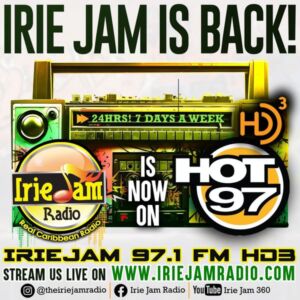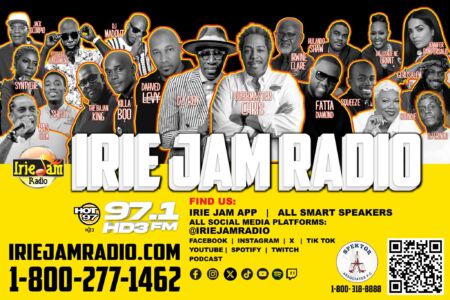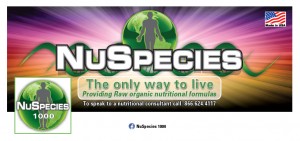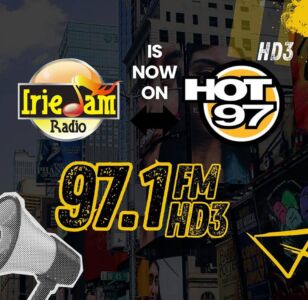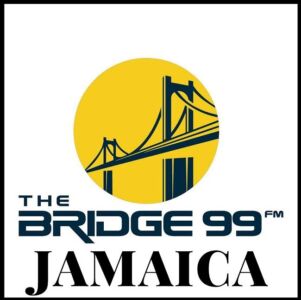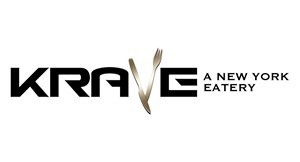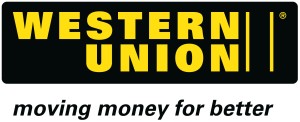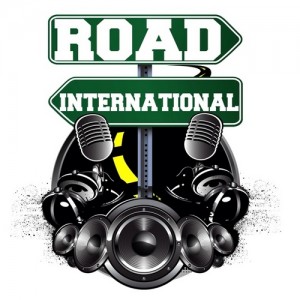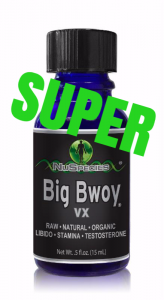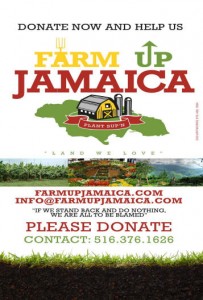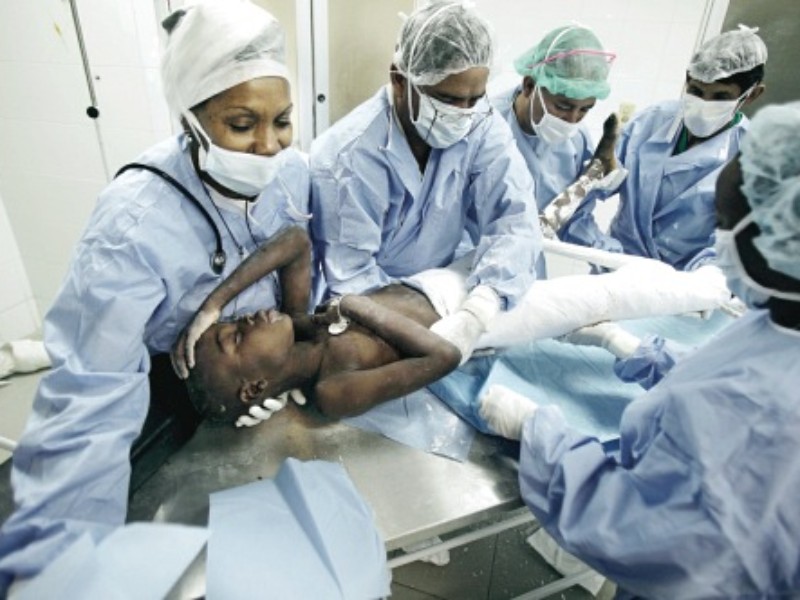
Medical missions saving Jamaica several millions
IN the last two years, medical missions to Jamaica have slashed just under $170 million from the island’s medical bills. In fact, this amount accounts for only medical supplies and pharmaceuticals, it does not include the medical professionals was visited and the skills they brought with them.
At a press briefing in early June to welcome a medical mission that has been visiting Jamaica twice yearly for the past 14 years, Minister of Health Dr Fenton Ferguson said that although Jamaica had been holding its own, medical missions are a “great contributor” to the health sector.
“In a real sense, in 2012 we had 172 medical missions. Against that background Jamaica saved somewhere in the region of US$637,000, just for pharmaceuticals and medical supplies… that is 60-odd million Jamaican dollars,” Dr Ferguson said. “In 2013, we had again 197 medical missions, and those missions saved Jamaica US$990,000, again almost J$100 million,” he stated.
At the beginning of June, the public health sector received a gift of medical supplies valued at more than $60 million from American gospel singer Donnie McClurkin, almost equalling the amount the country saved in 2012.
Dr Ferguson stressed that with his ministry operating 24 hospitals and more than 300 health centres amid limited fiscal space and with an International Monetary Fund arrangement, medical missions are “good for Jamaica”.
“But with all of that, Jamaica, had it not been for the support of missions, we would not be able, with the best of will, to be doing what they are doing,” Dr Ferguson said.
The health minister admitted that there are gaps that are being closed by these missions and that the country is “eternally grateful”.
“So when we have missions coming in with such large numbers, this is making a tremendous impact and some of the missions that have come in that have been able to do elective surgeries, things like hernia… in a normal sense would be on a waiting list for a year or more, so we really appreciate it when you come,” he said.
Last year, an advisory body think tank was established to deal with the diaspora and medical missions, allowing for a more structured approach to treating with missions.
“I know the challenges faced when you come in, the difficulties,” Dr Ferguson told the members present, adding, “we have now strengthened (the) International Cooperation Unit of the ministry to (be) better able to respond to missions.
“We have a responsibility as a Government to ensure that there is the framework, and we know that there are sometimes pushbacks, but we know that the poor people, who are the beneficiaries of this, how grateful they are when they access this care,” the health minister continued.
Questions have been raised about the standard of care meted out by medical missions, but, before missions can visit the island, certain standards must be met.
According to information obtained by the Jamaica Observer from the Ministry of Health, a letter of intent should be sent by the overseas mission. This is to ensure that the proposed services to be offered are needed; the proposed sites, those outside of public health facilities, are suitable or that adequate preparations can be made for missions to be conducted within public health facilities; and that the make-up of the medical mission team is commensurate with the proposed activities.
Additionally, overseas health professionals must submit all the relevant credentials for temporary registration with the professional council locally, at least two months before the proposed start date of the mission. However, the requirement for each group, be it doctors, nurses, dentists/dental hygenists, optometrists, pharmacists, students, dietitians, radiographers, or support staff, differs. So, if the medical professional is a doctor who is volunteering for the first time, then he or she must submit short-term volunteer forms, Form A – The Medical Act, a certified copy of basic Degree Certificate, a certified copy of current licence, names and addresses of two medical references, work permit exemption forms, and two photopgraphs. If the professional is a returning doctor then only the volunteer form, Form A, certified copy of current licence, work permit exemption application form, and a photograph are needed.
The Ministry of Health said that once the documentation is in place and has been endorsed at the local level, the ministry reviews and sends them to the relevant councils for registration.
Minister Ferguson insisted that standards must be maintained in order to be consistent in the things accepted, and that these things are actually meeting the island’s demand.
credit: jamaica observer
